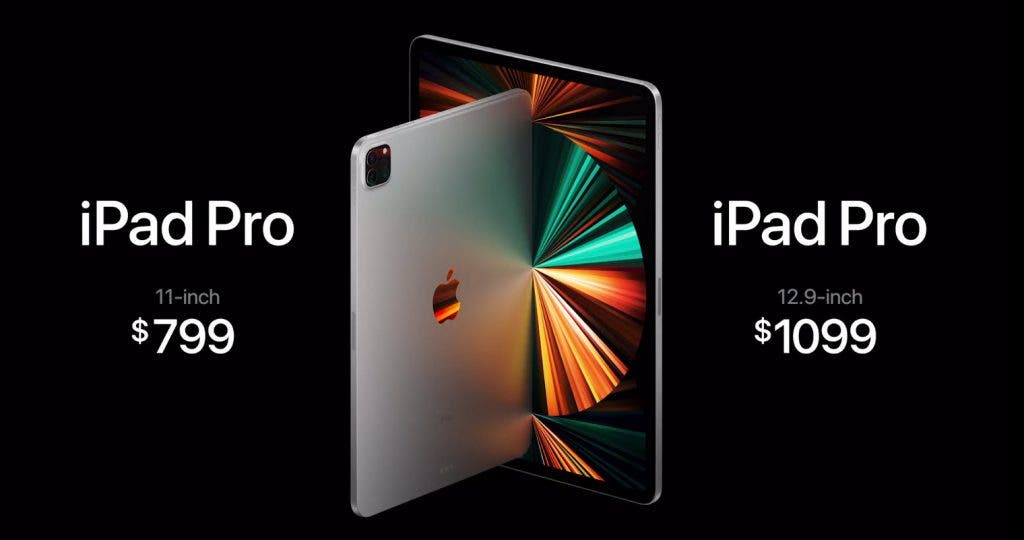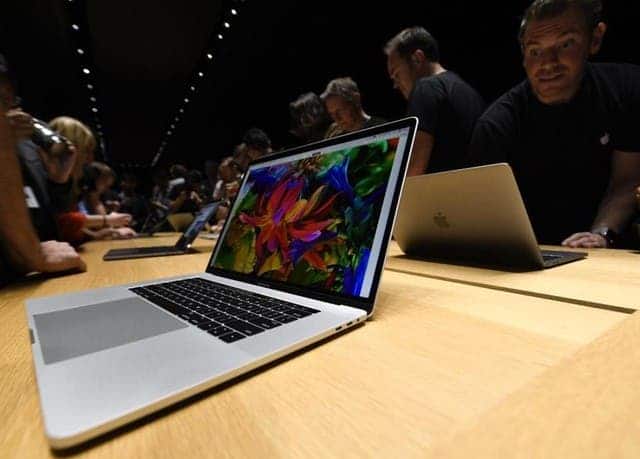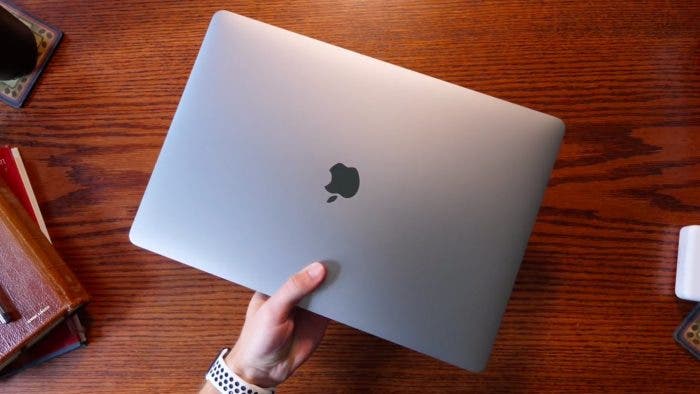Earlier this week, Apple held a new product launch conference where the company unveiled a couple of products. Among the series of products at the conference is the new iPad Pro tablet that comes with the M1 chip. In addition, the company also unveiled its latest MacBook with the M1 chip too. Considering that Apple is using the same chips on these devices, there are speculations that Apple is planning to combine the iPad and Mac lineups

Today, Apple’s senior vice president of global marketing, Greg Joswiak, and senior vice president of hardware engineering, John Ternus, responded to the speculations. According to them, there is absolutely no plan to merge the two product lines. The iPad and MacBook lineups are doing well individually, why merge them? Besides, these devices are for different classes of people and different markets. Thus, it doesn’t make any sense for Apple to merge them.
Joswiak said: “People may find it difficult to choose between iPad and Mac. Some people think that the two product lines should merge. However, we only want to be the best in two different categories of products“.

So, if Apple is not merging the Mac and iPad lineups, why use the M1 chip on the iPad? The response to this question from John Tenus reads
“We always bring the best chip to the iPad. The powerful performance of the M1 allows developers to create more powerful software”.
It appears that Apple is only using the M1 chip on the iPad because it wants it to be more powerful. There are no plans in place to merge the iPad and Mac lineups.
Apple needs diversification of its OLED suppliers
Apple has been working with multiple suppliers because it wants to diversify its OLED supply chain. Presently, it has the likes of Samsung, LG, and BOE in its supply chain. However, most of its devices use Samsung’s solution and the company is not comfortable with this situation. As demand continues to increase, Apple does not want to remain dependent on Samsung. According to reports, the South Korean firm supplied 78% of all iPhone OLEDs in the past year. The latest reports now show that Apple wants to give more chances to LG Display and China’s BOE.
Although Samsung will retain its place as Apple’s number one OLED supplier, it will only supply 65.1% of total OLED orders. However, we may see LG Mobile and BOE increasing their shares as well. LG Display may bring in 29.6% of all panels while BOE will fill in 5.3% of orders.
Apple will need about 169 million OLED panels for its new iPhones. Samsung will supply 110 million of those while LG and BOE will supply 50 million and 9 million respectively.





